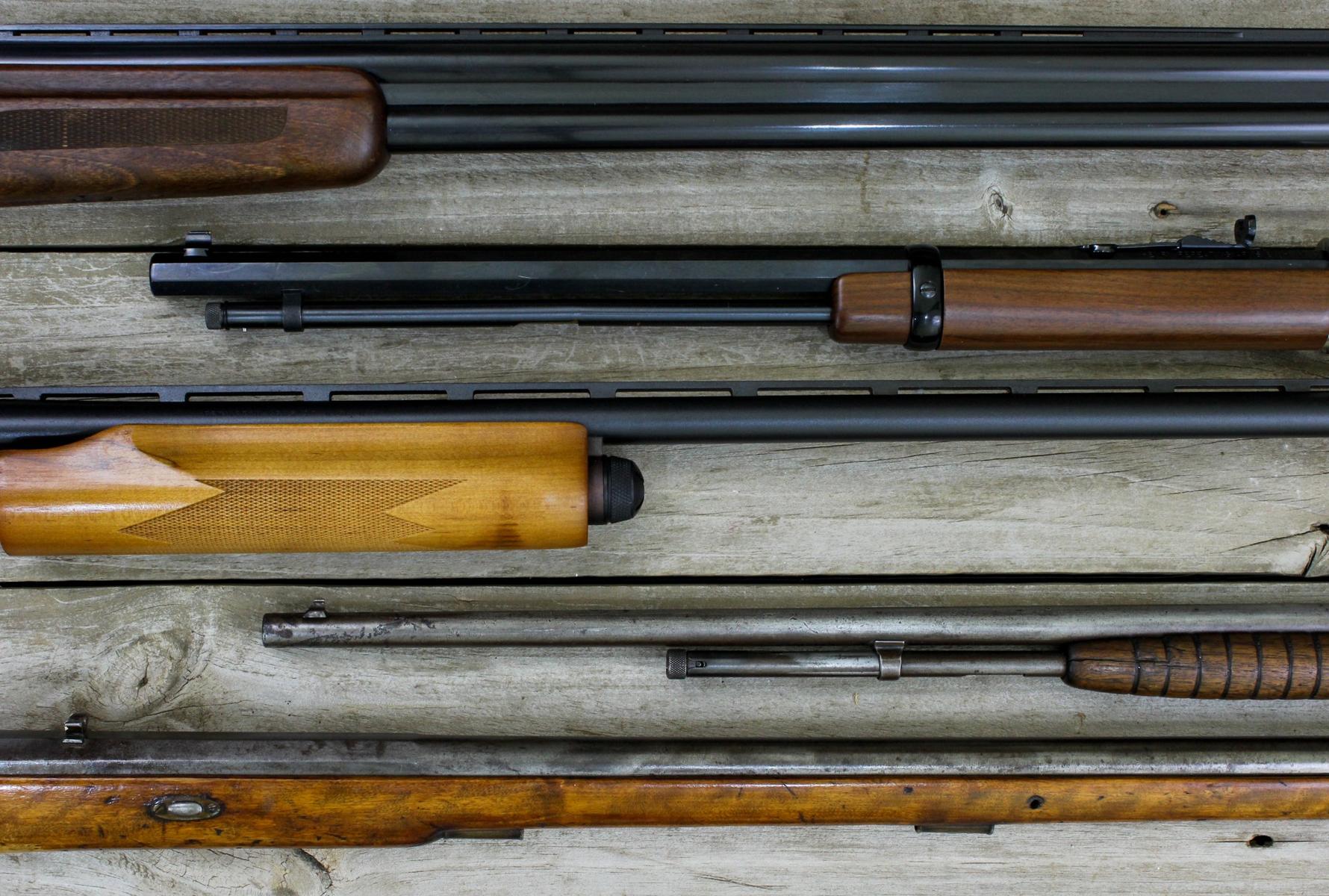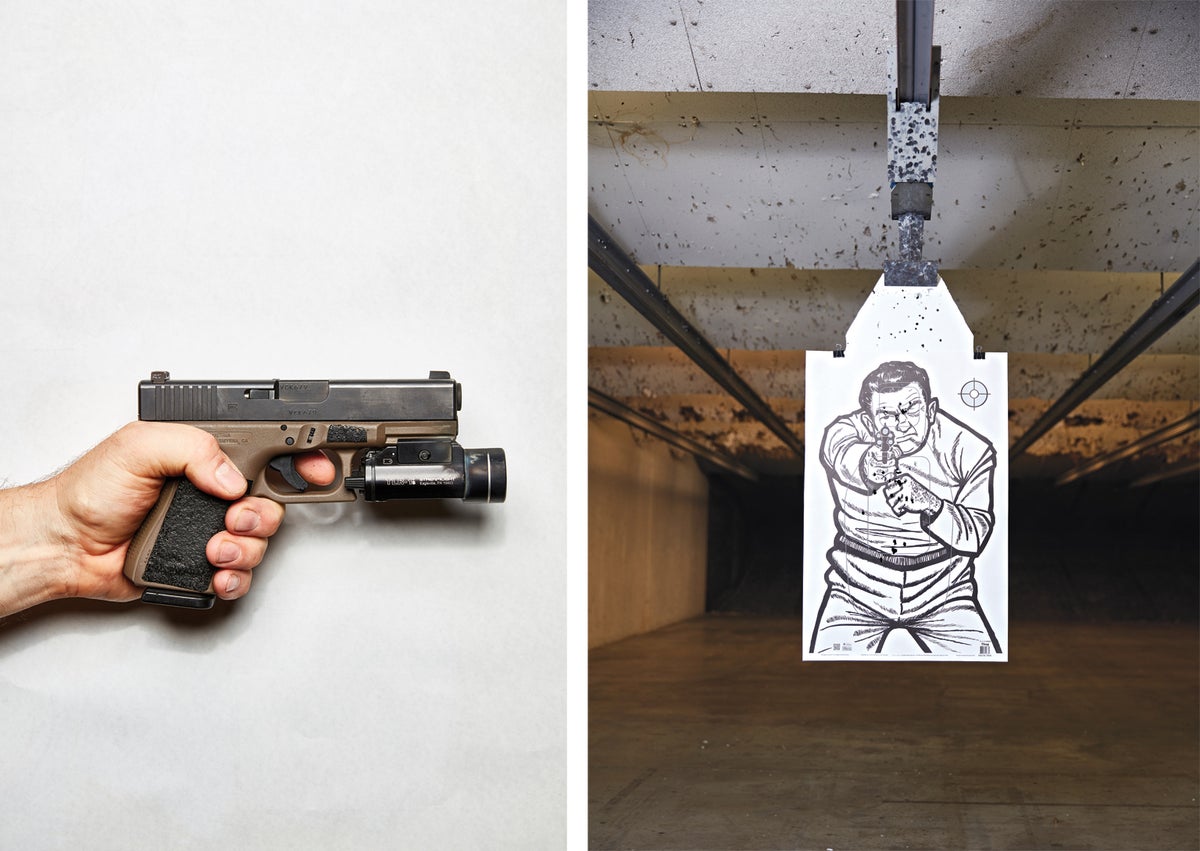Wow! Well at least we are making some progress- because you were denying this before.
And another thing that's clear now: these things don't make us safer.
Yeah those exist too.
"Where there were multiple estimates regarding the effect of gun levels on a given crime rate, the one based on the strongest methods was included - e.g., the finding based on the model with the largest number of significant control variables,
the strongest methods for addressing causal order, or the most valid measure of gun prevalence. Using these guidelines, there were 90 distinct findings, i.e. distinct tests of the hypothesis that higher gun levels cause higher crime rates."
This paper reviews 41 English-language studies that tested the hypothesis that higher gun prevalence levels cause higher crime rates, especially highe…

www.sciencedirect.com
These guns are bought in one area and used in another. Most guns used in Chicago violent crime, for example, are bought in Indiana.
So on an even larger note yet: would you be OK with living with a high prevalence of guns knowing that your freedom is leading to death and bereavement of a lot of your fellow Americans elsewhere? Or does that just not matter and it's too bad for them?





